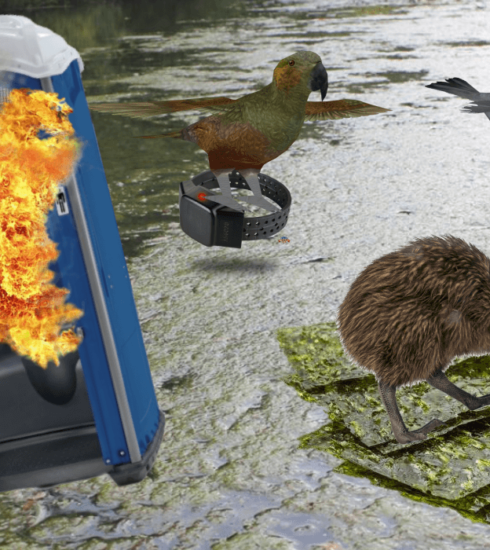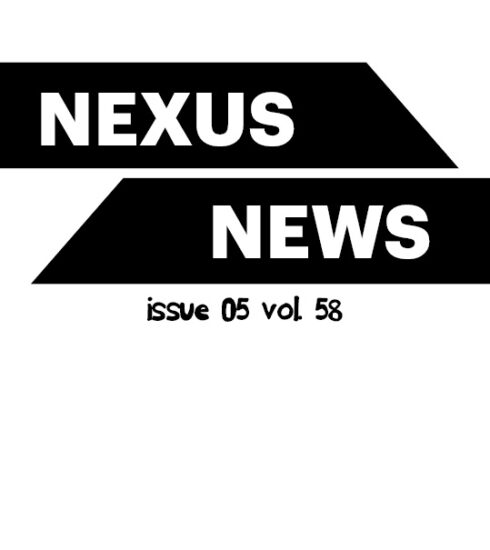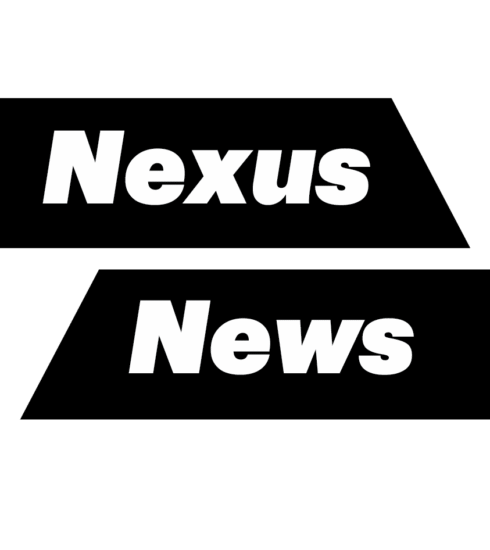HCC to ignore student growth, in other news the earth is round
In the latest report of Hamilton City Council delivered on May 11th 2023, the Hamilton authorities discussed anything but developing the Waikato region. The lengthy report fails to mention developments for Wintec and Waikato, a significant concern for residents, specifically students because the large sum of money invested in the city’s growth has no benefits for them.
HCC admitted that the New Zealand economy is currently challenging, addressing “the last thing we as a city council would want to do is shy away from projects leading to economic growth, particularly critical infrastructure projects.” While they acknowledge the economic challenges, HCC prioritises investing money in businesses over improving the quality of student life.
“Promoting and enabling development in the central city, attracting a new 4-star hotel and affordable housing projects are critical for the city’s future.” HCC neglects to recognise that the growth of these “attractive” businesses renders the economic success it potentially can attain when fundamental issues like free parking, developing new roads, and investing money on necessities over non-essentials has not been addressed.
HCC offers information on “how to pay for parking tickets” and “on-street parking” but will not address issues related to parking for starters. Instead of investing money in EV infrastructure, for example, more attention should be brought to parking. In 2021 and 2022, Hamilton drivers received over 125,000 parking tickets, a large number being rangatahi. In 2023, there is still $415,166 worth of unpaid parking tickets that the city waits on. This figure is due to the lack of free parking available. Two hours of free parking is appreciated but bleak considering the lack of spaces, increasing traffic when looking for a park—causing an accident—just to find another fine in your dossier. A concern university students are facing is the lack of parking spots in and around the university campus. Internal parking is sparse, so we rely on kerbside but the lack of spots increases parking on verges, which means–you guessed it–another fine.
Significant benefits of removing parking fees indicated alleged eliminated road rage, accidents, fewer court appearances because of parking tickets and the cost of unpaid parking. This postively impacts students who would no longer need to park at Countdown illegally to save money when they’re working at Centre Place. Anglesea Clinic’s parking lot would also be at the mercy of non-patient visitors taking up their park. If parking was free, the café staff, lawyers, and customers shopping wouldn’t occupy the clinics’ premises. Business revenue will instantly increase as more customers will be inclined to shop if they can access free parking.
The prime focus is on increasing revenue after losing it because of Covid-19, this target can be achieved by extending bus service hours to 24/7. Evening bus hours can be fixed at a higher rate when late-night workers would travel by bus. This benefits both the Government and employees who wish to do night shifts but don’t have transport. Implementing metered water encourages conservation and reduces waste, meeting our international obligation and looking after the planet.
Proposing to make new toll roads, and charging drivers a fee for privatising or semi-privatising new roads like Tauranga could potentially help save costs and generate more revenue. In 2015, Trust Waikato gifted Hamilton City Council $1.9 million dollars for the Waikato Museum. As much as museums are valued and visited by tourists for their art and history, it holds no relevance in an ordinary resident’s life. The amount could have easily been donated for something more important.
From the report, City Council has a rigid approach currently but by adopting a mix of strategies to increase revenue, improve services and address many student concerns, it would be a better way of investing Hamilton’s money.





